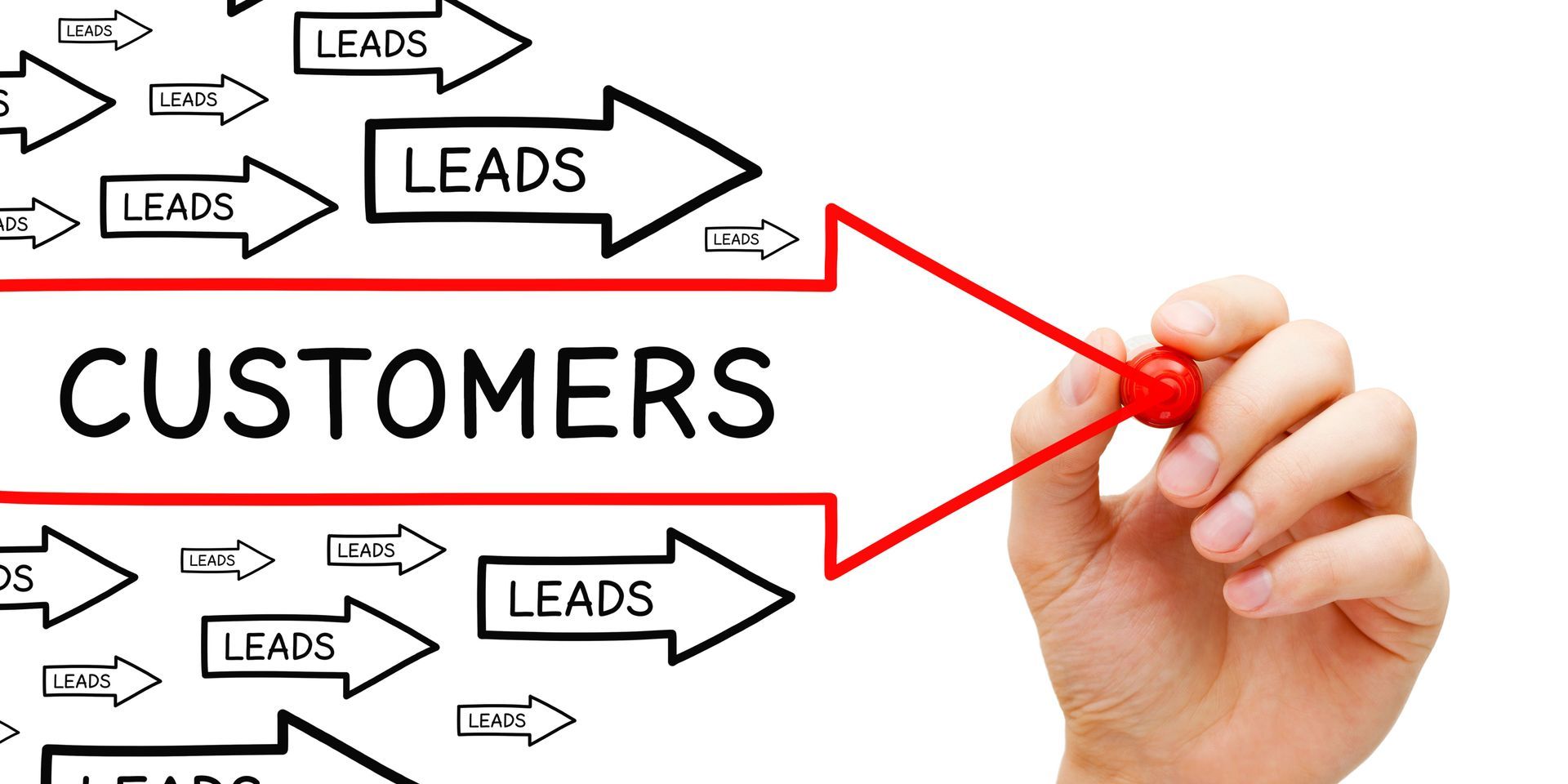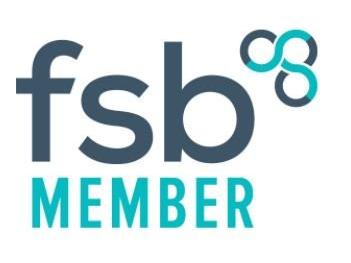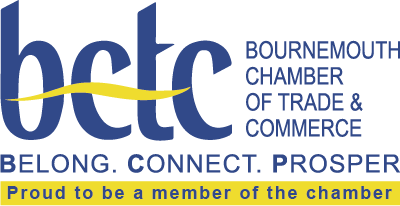Overt Digital - The Power of Content Marketing: Why Quality Content Matters More Than Ever
How High-Quality Content Drives Engagement and Conversions.
As businesses continue to adapt to online spaces, one thing has become increasingly clear: content marketing is a key component of success. But in an environment filled with constant information, the shift has moved from simply creating content to ensuring that content is of high quality. Quality content is now more important than ever, playing a critical role in driving engagement, building trust, and converting leads into loyal customers.
Why Quality Content Is So Important

With so much information competing for attention, consumers have become selective, gravitating towards brands that offer real value through their content. In this blog, we explore why quality content is now a cornerstone of successful marketing efforts.
Building Trust and Authority

The first impression potential customers have of a business is often through its content. Whether they encounter a blog, video, or social media post, that content needs to reflect the business’s expertise and understanding of its industry. High-quality, well-researched content that answers questions or provides insights helps build authority. It shows that the brand knows its stuff and can be trusted.
Conversely, poorly written or generic content can have the opposite effect, making visitors question the credibility of the business. In a world where trust is vital, creating content that offers genuine value positions a business as a reliable source of information and expertise.
Engagement: Getting People to Care

Content doesn’t just need to exist; it needs to engage the audience. The modern consumer expects content to resonate with their interests and address their concerns. High-quality content achieves this by tapping into the specific needs of the audience while maintaining a conversational and relatable tone.
The true measure of content engagement is not just in likes or shares but in how it connects with the audience. Quality content invites interaction, prompts conversations, and can lead to more meaningful connections between the brand and its followers. Ultimately, this level of engagement is crucial in turning casual readers into dedicated customers.
Driving Conversions

A significant benefit of quality content is its ability to drive conversions. Whether a potential customer is looking for answers, researching products, or seeking recommendations, the right content can guide them through the decision-making process. A detailed blog post, well-crafted product description, or informative video can be the difference between a customer making a purchase or leaving a website empty-handed.
Quality content doesn't just sell—it provides value throughout the customer journey. Whether it is offering educational guides or addressing common customer concerns, quality content can turn visitors into leads and leads into loyal customers.
Search Engine Optomisation (SEO) and Visibility

Content plays an essential role in improving search engine rankings. Search engines like Google increasingly prioritise content that offers real value over keyword stuffing or clickbait tactics. This shift means businesses must focus on creating original, informative, and structured content that naturally incorporates relevant keywords.
By doing so, businesses increase their chances of being found by potential customers through organic search. High-quality content improves visibility, driving more traffic to a website and increasing the likelihood of converting those visitors into paying customers.
Customer Education and Empowerment

One of the most significant advantages of quality content is its ability to educate. Today’s consumers want to make informed decisions, whether they are purchasing a product or investing in a service. High-quality content helps meet this demand by offering insights, tutorials, and how-to guides that answer important questions and address pain points.
Educational content doesn’t just build trust—it empowers customers to feel confident in their choices. A well-informed customer is more likely to move forward with a purchase, and this empowerment can increase conversion rates. When businesses provide useful, actionable information, they become a valuable resource in their customers' decision-making process.
The Risks of Low-Quality Content
While it might be tempting to take shortcuts when producing content, low-quality material can backfire. Brands that push out subpar content risk alienating their audience and damaging their reputation. A blog post filled with inaccuracies or a video that feels rushed can drive potential customers away.
Moreover, low-quality content can hurt a business’s SEO efforts. Search engines penalise websites that feature thin, irrelevant, or duplicate content. This can cause a drop in rankings, making it more challenging to attract organic traffic. Without that crucial visibility, any investment in content creation becomes a missed opportunity.
How to Create High-Quality Content
Creating top-tier content requires thought and effort, but the return on investment makes it well worth the time. Here are several key practices to ensure that your content meets the quality standard:
- Know Your Audience: Understanding who you are speaking to is essential. Identify your audience’s needs, pain points, and interests to tailor your content accordingly. When your content addresses what your audience cares about, it becomes more relevant and engaging.
- Be Original: Original content stands out. Instead of repeating what is already available, focus on bringing something new to the table—whether that’s through fresh perspectives, new data, or creative formats.
- Provide Value, Not Just Sales Pitches: While content ultimately helps drive conversions, it shouldn’t feel like an outright sales pitch. Focus on creating content that offers real value, such as solving a problem, teaching something new, or entertaining your audience.
- Consistency Matters: Posting consistently helps keep your brand visible and trustworthy. It also shows that your business is active and invested in maintaining its online presence.
Conclusion: Why Quality Content Matters More Than Ever
High-quality content is a non-negotiable in today’s marketing landscape. It fosters trust, drives engagement, boosts SEO, and, most importantly, converts visitors into loyal customers. For businesses seeking sustainable growth, investing in quality content should be at the top of the agenda.
Ready to take your content strategy to the next level? Visit
www.overtdigitalmedia.com to discover how we can help you create high-quality content that delivers results.
Request your Free SEO Audit
We will get back to you as soon as possible.
Please try again later.
When Organic SEO Might Be Relevant
There are cases when Organic SEO can still be valuable for local businesses, such as building authority or driving traffic to blogs or resources on your website. For example, a local bakery might use Organic SEO to attract people looking for recipes or baking tips, which could bring more visibility to their site over time. But keep in mind, Organic SEO is a slower burn; it’s more of a long-term play and doesn’t always lead to immediate leads.
Generally speaking organic SEO is more appropriate when a company is focusing on informational type searches such as "how do I get to the top of Google" as opposed to more transactional searches with commercial intent such as "seo agency near me".
Find out more about Organic SEO
Combining Local and Organic SEO
While Local SEO is generally the go-to for small businesses, combining Local and Organic SEO can help build brand awareness and drive traffic over the long term. Just be cautious: Local SEO and Organic SEO require different techniques and skillsets so doubling up on these two services will increase costs. Focusing too heavily on Organic SEO can dilute your local reach and may not give you the immediate, practical results you need.
The Two Key Questions to Kickstart Your SEO Campaign:
- What Search Term Do I Want to Rank For?
- Where Do I Want to Appear?
Before diving into an SEO campaign, it’s essential to get clear on two foundational questions that will shape the direction and success of your strategy. Answering these will make sure you’re targeting the right audience and locations, maximizing the impact of your investment.
What Keyword Do I Want to Rank For?
This question is all about identifying the search terms (keywords) that potential customers use when looking for services like yours. For local businesses, these are often straightforward but targeted keywords that reflect what you offer, your industry, and how customers talk about your services.
For example:
- If you’re a plumber, you may want to rank for terms like “emergency plumber” or “plumbing repair.”
- A law firm might want to target “family lawyer” or “divorce attorney.”
But here’s the kicker: for local businesses, you’ll often benefit from adding location-specific keywords. This makes your business more relevant to people nearby, so instead of just “plumber,” you’d target “plumber in Christchurch” or “best plumber near me.” It’s about making sure your keywords connect to how people in your area actually search for services like yours.
Tip: Think about the questions or issues customers typically have when they need your service and use those as inspiration for your keywords. Targeting specific, relevant terms can mean the difference between attracting curious browsers and ready-to-buy customers.
Where Do I Want to Appear?
Once you know what keywords you want to rank for, the next question is: where do you want those search results to show up? For small, local businesses, the answer is usually within your immediate area or a specific radius around your location.
Local SEO aims to make sure your business appears in search results for people close to you, like in Google’s Local Pack (those map-based results at the top) and on location-based search platforms like Google Maps. If you’re a brick-and-mortar store, service provider, or any business relying on local customers, you’ll want to focus on ranking in your town, city, or neighbourhood—wherever your customers are actually located.
If you’re looking to bring in a regional audience (e.g., the whole Dorset area), then it’s about expanding that radius but still keeping your focus local. Conversely, if you’re a business that sells products nationally, then you’ll look more broadly at Organic SEO for national ranking, though that generally requires more resources and patience.
Tip: Consider where most of your business comes from or where you’d like to expand within your region. This will guide your strategy for Local SEO and help you avoid spreading your efforts too thin over areas that may not yield many leads.
By answering these two questions—what you want to rank for and where you want to appear—you’ll have a clear roadmap for building an SEO strategy that truly aligns with your business goals. It keeps your efforts focused, your audience targeted, and your investment working where it matters most.
Final Takeaway: Local SEO for Practical, Tangible Results
From my experience as an SEO agency, Local SEO is the better fit for small businesses that need leads from nearby customers and don’t want to get lost in a national SEO strategy. It brings more relevance and quicker results and makes it easy to see where your investment is paying off. So if you’re done with confusing, high-cost SEO that doesn’t seem to move the needle, it’s time to focus on an approach that actually delivers on what matters—bringing customers to your door.
Local SEO helps you get the visibility you need, in the places where it counts most. And with clear, concise reporting, you’ll always know what you’re getting out of it.
If you would like to know more or would like additional information please complete the form below and one of our SEO consultants will be in touch shortly.
Contact an SEO Consultant
We will get back to you as soon as possible.
Please try again later.




QUICK LINKS
OUR SERVICES
VAT Registration Number GB 455758354
Company number 12460236
All Rights Reserved | Overt Digital Media










